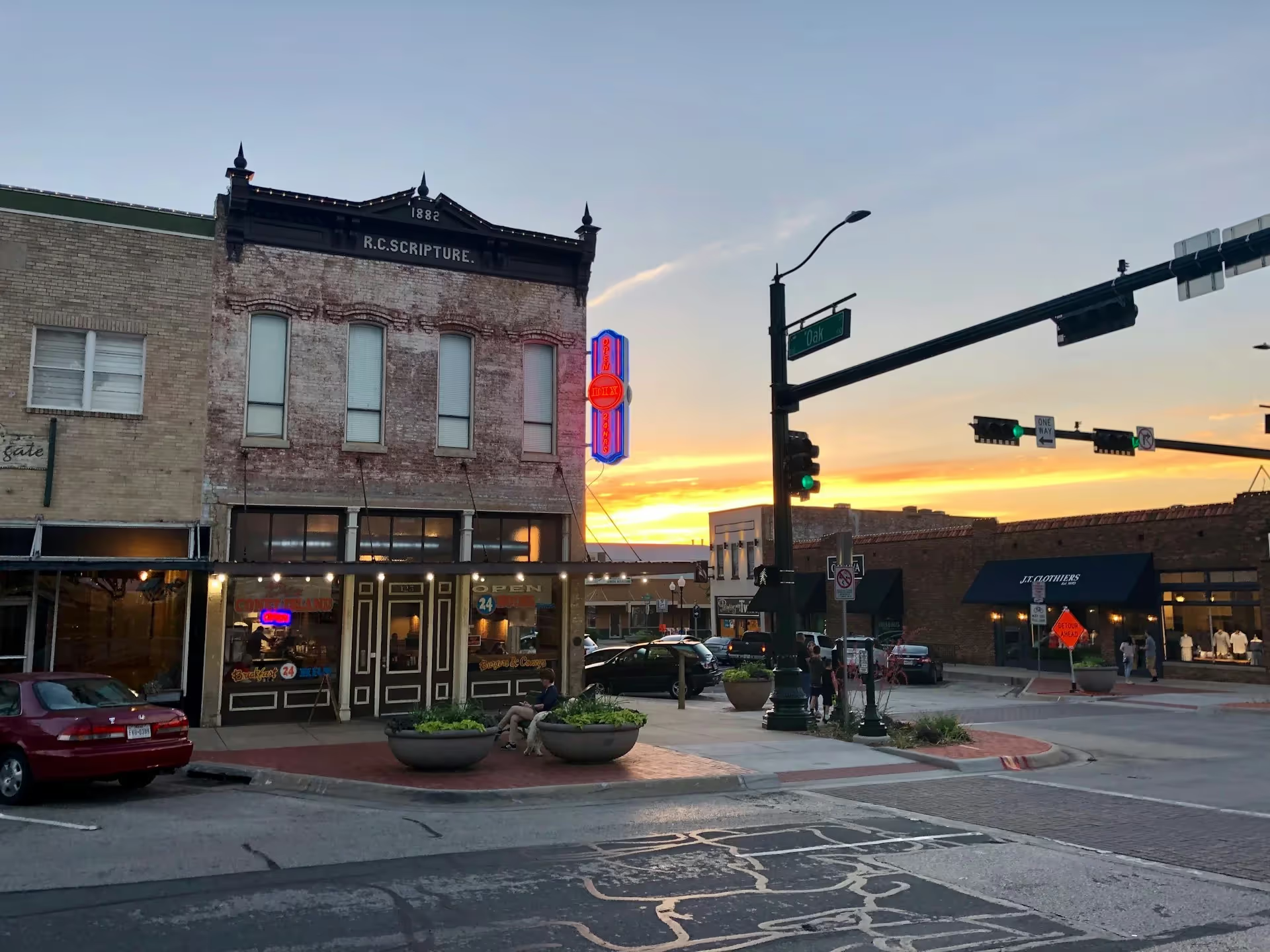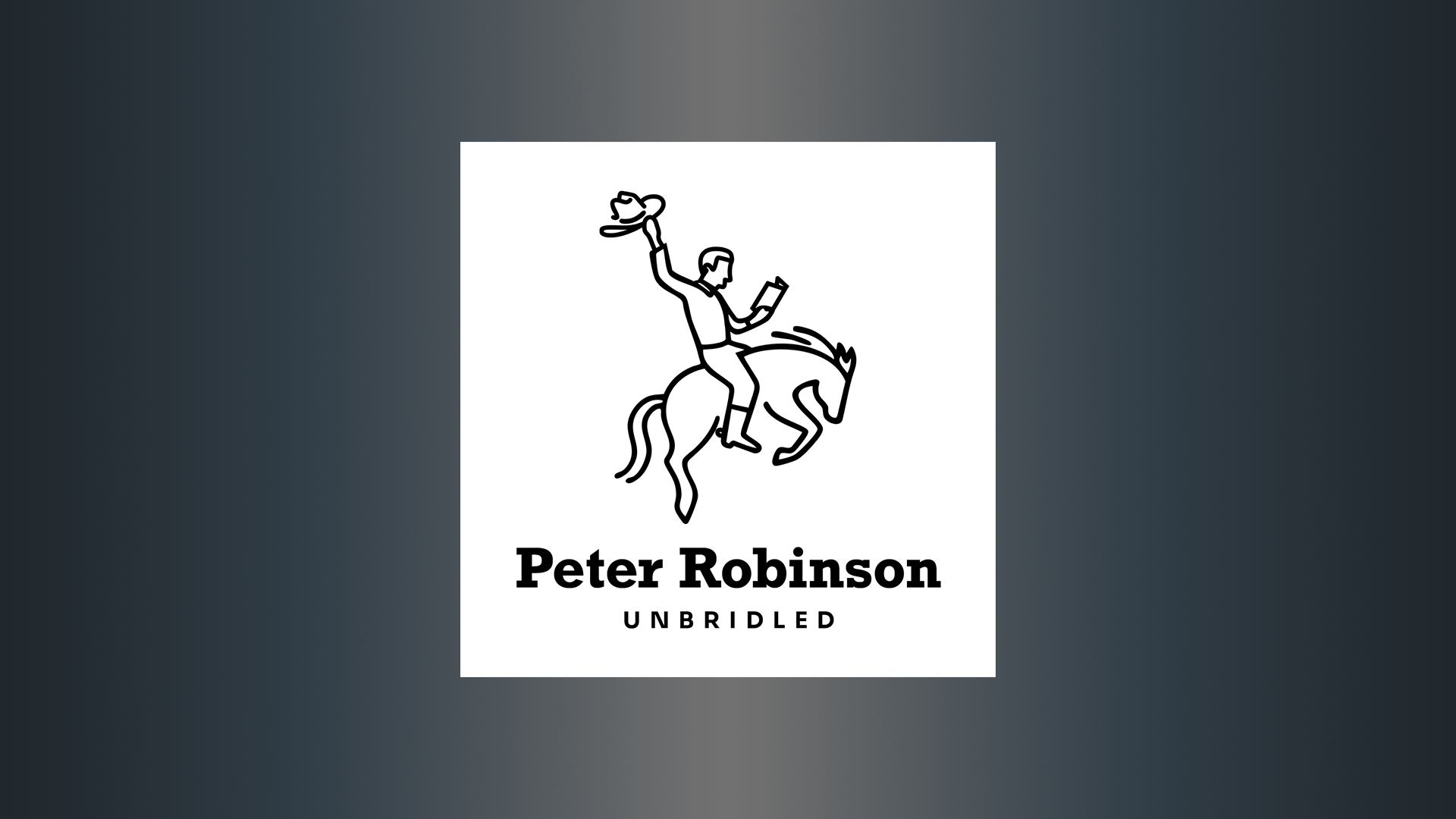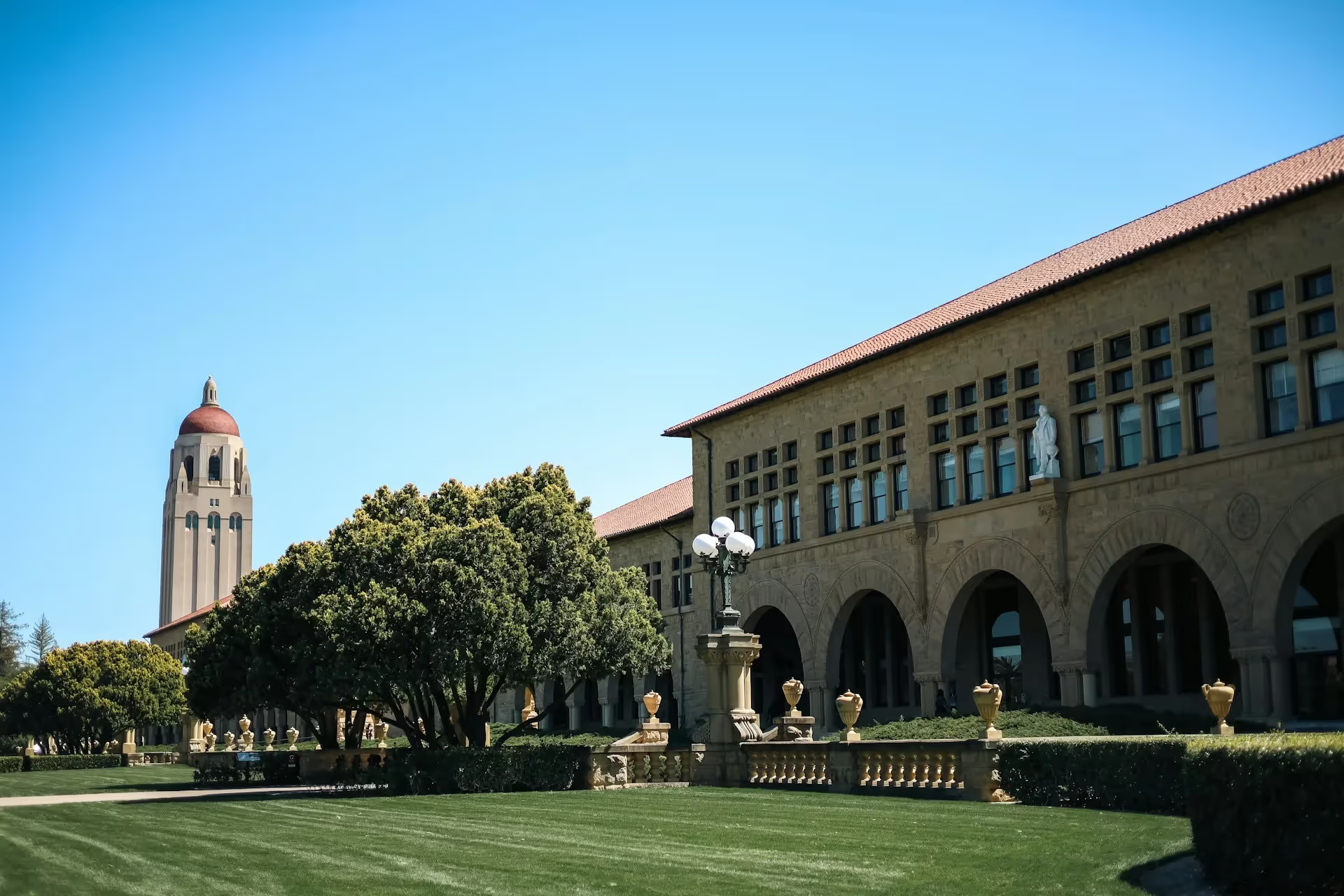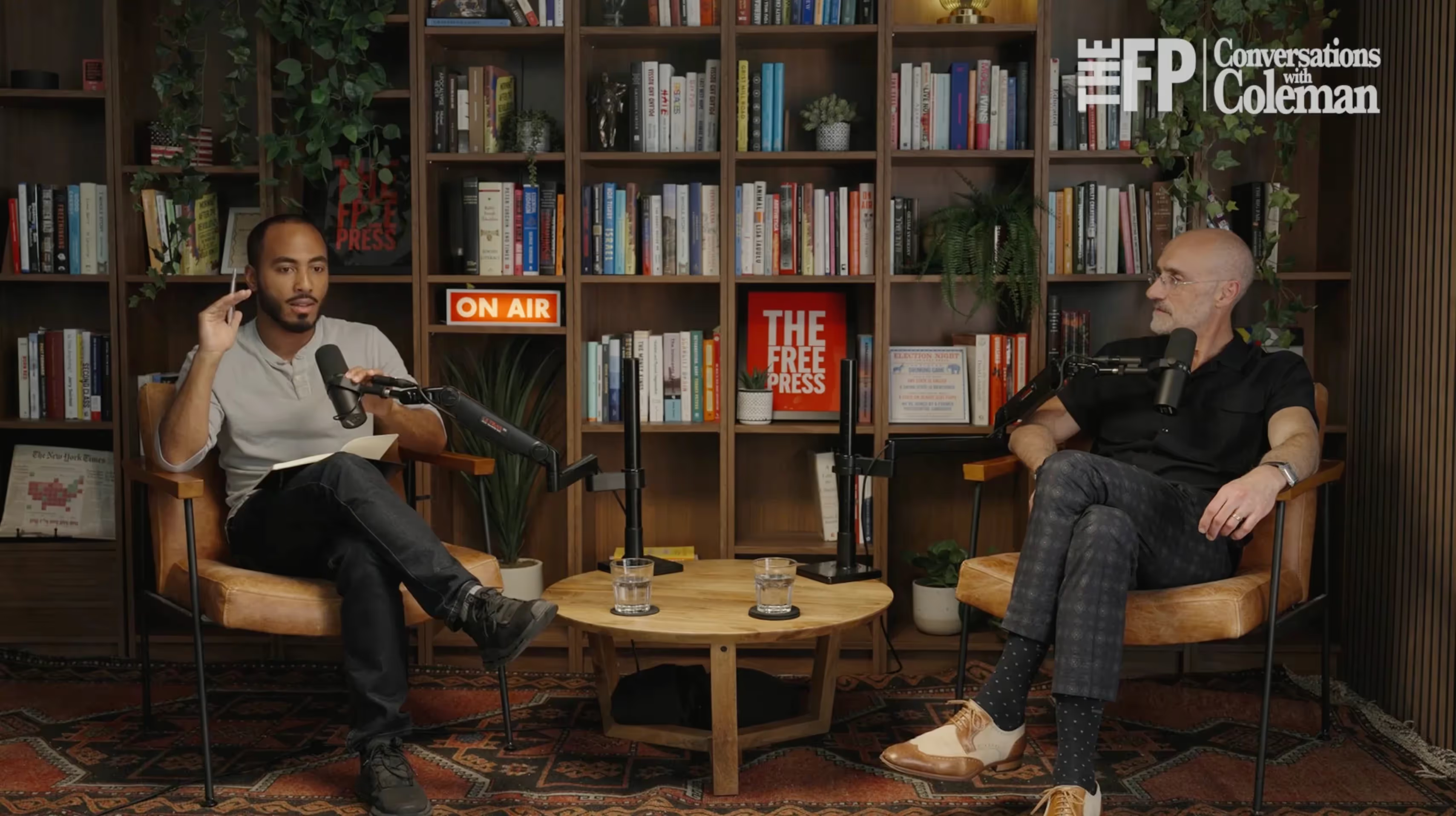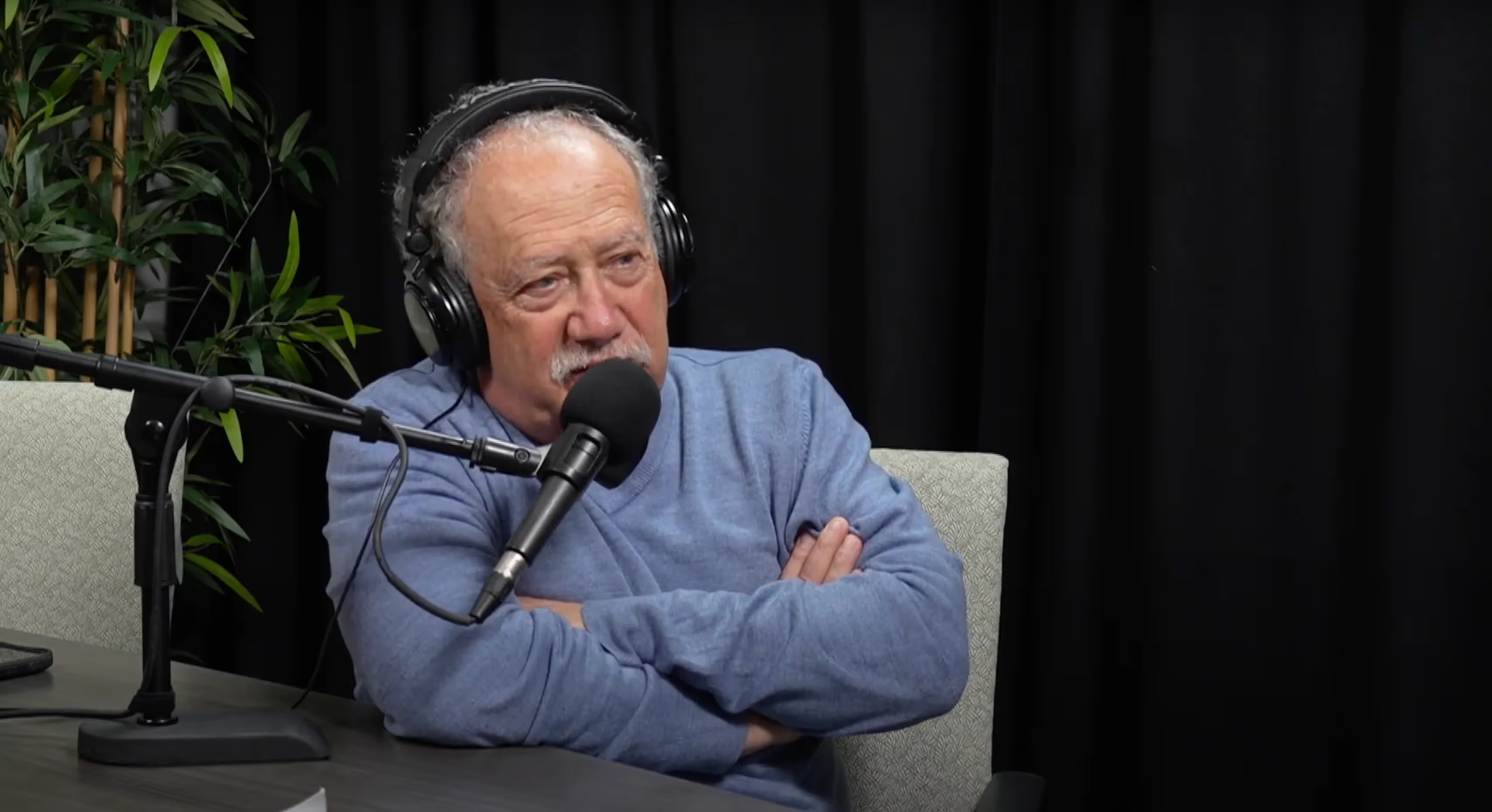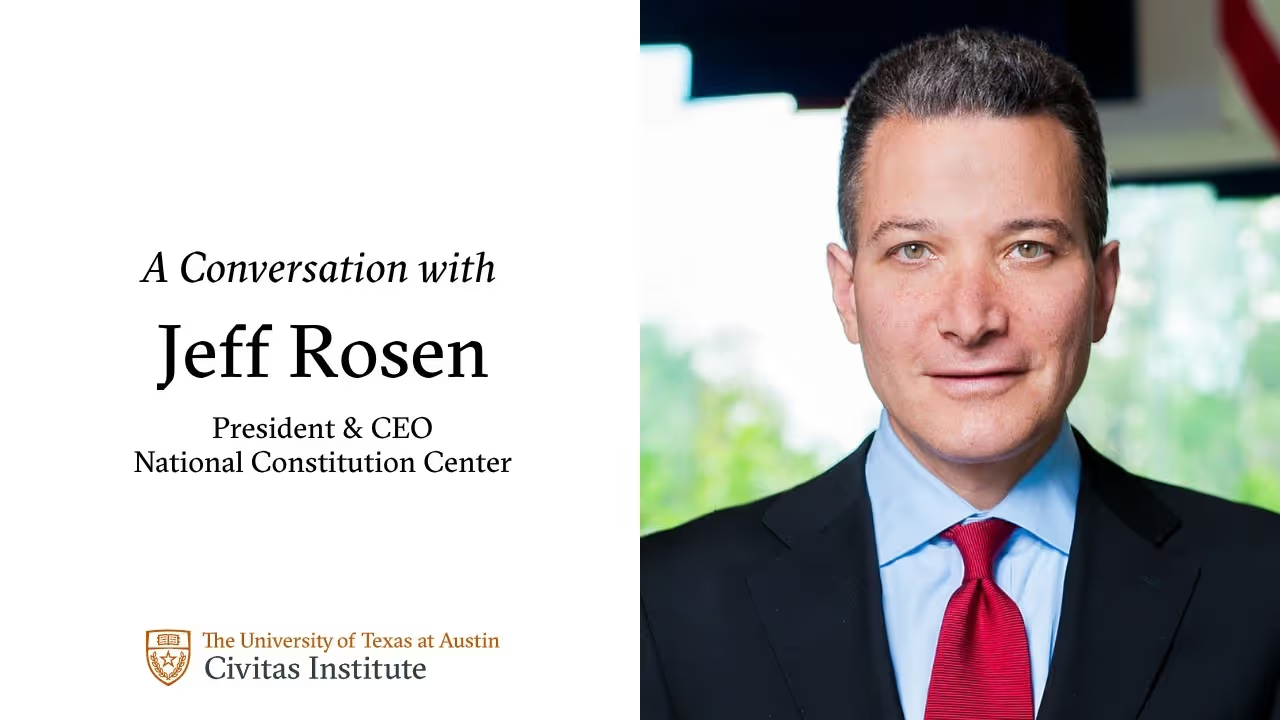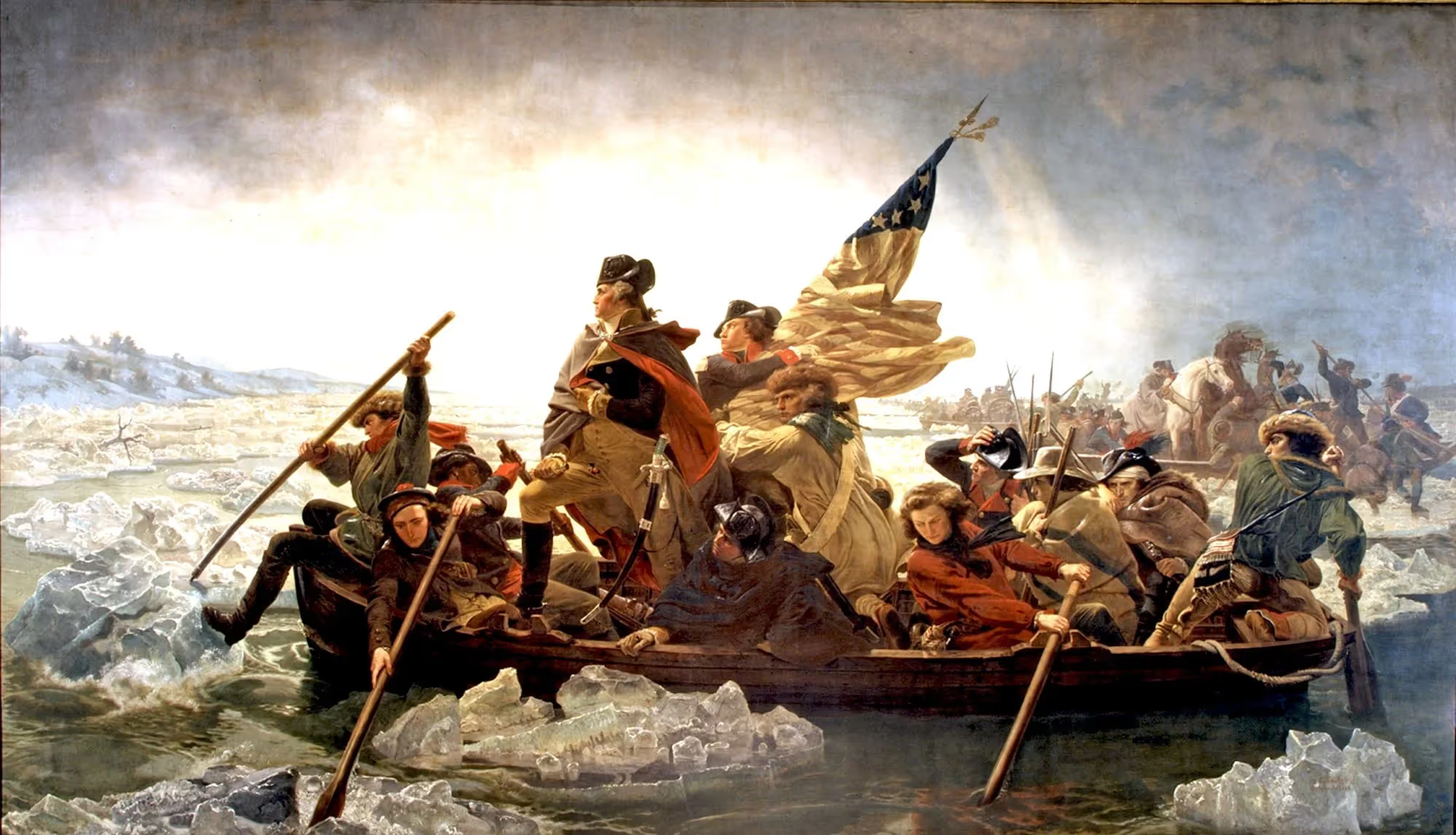
The Reckless American
We should appreciate recklessness as an essential part of the American personality.
The monumental painting of George Washington crossing the Delaware River in a surprise attack on Hessian soldiers at Trenton on Christmas Night 1776 is one of the renowned images in American history. The canvass is more than 20 feet wide and 12 feet tall. Washington stands in profile staring resolutely at the object of his planning, his cape flowing and sword at hand. Everything about the composition reinforces the heroism of the man. His posture is bold and firm and upright. One foot rests on the prow showing he’s ready to step forward and lead the excursion the moment the boat reaches the bank. While everyone else focuses on paddling the boat and fending off the ice flow and chilling wind, Washington is dauntless and unaffected. To the left of him is a bright sky, to the right a dark one, as if the general is leading his troops out of the bad and into the good — which is exactly what will happen that night and early morning. Others labor in bent poses, while Washington faces forward, majestic and unwavering, fully confident of the efforts of his men. Behind him a long train of boats follows, men and horses, too, few in uniform (the uniformed man who holds the flag is said to be future fifth president James Monroe). They don’t know what they will face in the next five hours, only that they must follow the imposing man giving orders.
It’s a great image of American leadership, the Father of Our Country at his dignified military best. There is an aspect of the event, however, that doesn’t come across in the painting. It is this: in spite of Washington’s noble carriage and perfect dress, this is a reckless venture. A nighttime raid in the dead of winter – the weather horrible – low morale among the soldiers, all of them hungry and some without shoes – an enemy assumed to be relaxed on this holiday night, though we can’t be sure – politicians backing the Continental army but unhappy that it has yet to score a significant victory in the months since the redcoats have landed and taken New York City . . . If this enterprise fails and casualties run high, the war could be lost.
Washington gambles anyway. It’s a crazy scheme, but he’ll pursue it to the end. As it turns out, it succeeded gloriously, with few men lost, hundreds of prisoners taken, and piles of supplies and arms collected, but that shouldn’t obscure the riskiness of the whole thing. Nor should it lead us to ignore the kind of personality that would take such a chance. Many men’s lives are at stake, the revolution, too, a critical condition that calls for prudence, one would think, not impetuousness. Not here and now, though, not with a leader eager to imagine and realize an audacious exploit.
This is a feature of Washington’s character that is not extraneous to his archetypal American status. Anyone who took up arms against the Crown had to have a streak of defiance somewhere in his character. We should appreciate it as an essential part of the American personality. In the panorama of our history, we see this brash “Damn the torpedoes!” attitude surface again and again, sometimes in our most hallowed figures, and not as an accidental feature. Ben Franklin begins his adult career as an outlaw, fleeing Boston and legal servitude to his brother, sneaking into Philadelphia with little money and no prospects. John Adams is a great statesman, Sam Adams is not, nor are the vandals of the Boston Tea Party. “Give me liberty or give me death!” is a tempestuous outcry. The first pioneers on the frontier bet their lives on an uncertain future. The men at the Alamo knew they were doomed but would not bolt or surrender. Stonewall Jackson made one perilous move after another. Huck Finn can’t stick with civilized folks. Emily Dickinson won’t mingle, either, so she stays in her room and composes a corpus of extraordinary verse she expects nobody will read, but does it anyway. Henry David Thoreau can’t stand his fellow New Englanders and heads to the woods; later, he will defend John Brown. Billy the Kid, Jesse James, John Dillinger, Rambo . . . more unruly idols. Hester Prynne is proud and headstrong, Jimmy Gatz is a runaway before becoming Jay Gatsby, Dean Moriarty (Neal Cassady) a free spirit with a dark side. And so on.
For every solemn and grateful Lou Gehrig at the microphone there’s a famous rebel with or without a cause. The peaceful resister Martin Luther King, Jr., had his polar opposite in Black Panthers Huey Newton and Eldridge Cleaver, bad boys who still enjoy a spicy admiration among many liberals and leftists. Can one imagine Bonnie and Clyde in any other country? The cyclists in Easy Rider and the fugitives Thelma and Louise, both pairs tracked by the films across a great Western landscape, are also symbolic Americans on the wrong side of law and order. The words of the Declaration are so elegantly enlightened, the statue of Lincoln inside the Memorial so sublimely brooding, the patrician manner of FDR so reassuring to the Working Man, and the conservatism of Ronald Reagan joyful and buoyant and principled that it is hard to incorporate anything edgy, rash, or anti-social into the essence of the National Character. But it’s there. Conservatives often appeal to the American Creed, the principles of the Founding documents. Our citizenship is based on ideals, they insist, and so do liberals when they intone upon “who we are” as a nation, as Barack Obama liked to do. But the figures I’ve mentioned seem more motivated by temperament than by tenets. In the Preface to Leaves of Grass, Walt Whitman declares, “Here are the roughs and beards and space and ruggedness and nonchalance that the soul loves.” Later, he praises the “indescribable freshness and unconsciousness about an illiterate person that humbles and mocks the power of the noblest expressive genius.” In “Song of Myself,” the poet appears as “Walt Whitman, an American, one of the roughs.”
George Santayana spoke of a “genteel tradition” in American society, by which he meant thinkers, intellectuals, clergymen, and writers whose purpose was to maintain “the beliefs and standards of the fathers” (“The Genteel Tradition in American Philosophy,” an address delivered in California in 1911). These figures wrote poetry and fiction, led large congregations, edited magazines, and headed colleges. Their names are lost to history today save for a few figures such as Harvard’s Charles Eliot Norton, but in their time they controlled the institutions. (Later, famous writers including Washington Irving, James Fenimore Cooper, and Henry Wadsworth Longfellow were inserted into the genteel tradition, but Santayana had a narrower group in mind.) From their high perches, they defended Victorian culture and Old World mores. Their value here is to serve as foils for the ones we have chosen to remember, the names that appear on course syllabi, the great American writers who, in fact, often pointed their now canonical sallies squarely at these votaries of tradition and convention. The genteel tradition favored custom and harmony and “inherited doctrines,” Santayana said, while these other Americans went about “declaring the universe to be wild and young.” Edna St. Vincent Millay condensed the rebellious spirit perfectly in “Second Fig”:
Safe upon the solid rock the ugly houses stand;
Come and see my shining palace built upon the sand!
This isn’t only an assertion of extravagant living. It’s a flat denial of what Jesus says in Matthew:
Therefore, whosoever heareth these sayings of mine, and doeth them, I will liken unto a wise man, which built his house upon a rock . . . (7:24, King James Version)
Millay practiced what she preached. Emerson was just as iconoclastic—recall the Address he delivered at Harvard’s Divinity school where he denied the exclusive divinity of Christ. In his speech, Emerson put proper words in the mouth of Jesus: “I am divine. Through me, God acts; through me speaks.” Nothing heretical about that. But he had Jesus add, “Would you see God, see me, or see thee, when thou also thinkest as I now think.” In other words, you can be divine just as Jesus was if you adjust your mind accordingly. This was to take the Romantic model of the creative subject—Blake: “A fool sees not the same tree that a wise man sees”—and add an element the Romantics could not conceive from their Old World position, namely, the capacity to persuade others to one’s vision. In “Self-Reliance,” Emerson speaks of genius, not of intelligence, knowledge, or wisdom, and he measures it precisely by the power to influence the people around, to hold fast to the inner voice and compel the rest to accept it as their inner voice as well (this is why Nietzsche liked Emerson so much). Who is the model genius? The lively infant, for “Infancy conforms to nobody; all conform to it; so that one babe commonly makes four or five out of the adults who prattle and play to it.” In the nursery, the language of the least intelligent one reigns. That makes him the real genius in the room.
This is not a trivial illustration. Emerson’s babe is another willful American. When Walt Whitman visited Boston in 1860, he and Emerson strode around Boston Common and the Sage advised the poet to cut certain passages in the next edition of Leaves of Grass (he had in mind the mentions of prostitutes, autoeroticism, and venereal disease). Whitman declined—which was exactly the right Emersonian response. He was only being consistent with dozens of assertions in the poems themselves, such as this line from “Song of Myself”: “He most honors my style who learns under it to destroy the teacher.”
It is hard to summarize this other American lineage. The figures are unpredictable, their actions eccentric. Even our noblest heroes have their rash and daring moments, impulsive decisions which are, in fact, critical to their eventual success. No principles are common to them all, no ideas or politics. Charles Foster Kane, another typical American, is caught in an affair with a young woman on the eve of the gubernatorial election, told by his crooked rival that the newspapers will print the evidence unless he drops out of the race. Kane refuses, growling, “There’s only one person in the world who’ll decide what I’m going to do, and that’s me.” Perhaps that’s the cardinal trait, an oppositional individualism. Sometimes it goes beyond the bounds of decency—so be it. It’s not a civic stance or a political theory: it’s an attitude. These characters at key moments in their lives don’t uphold the Preamble of the Constitution or “Give me your tired . . .” or “I have a dream . . .,” but they’re still a characteristic part of American identity and should be recognized as such. As Wilmoore Kendall once wrote,
One begins to suspect that the true American tradition is less that of our Fourth of July orations and our constitutional law textbooks . . . than, quite simply, that of riding somebody out of town on a rail. (The Conservative Affirmation)
Mark Bauerlein is an editor at First Things and Professor of English Emeritus at Emory University where he taught since earning his PhD in English at UCLA in 1989.
Pursuit of Happiness
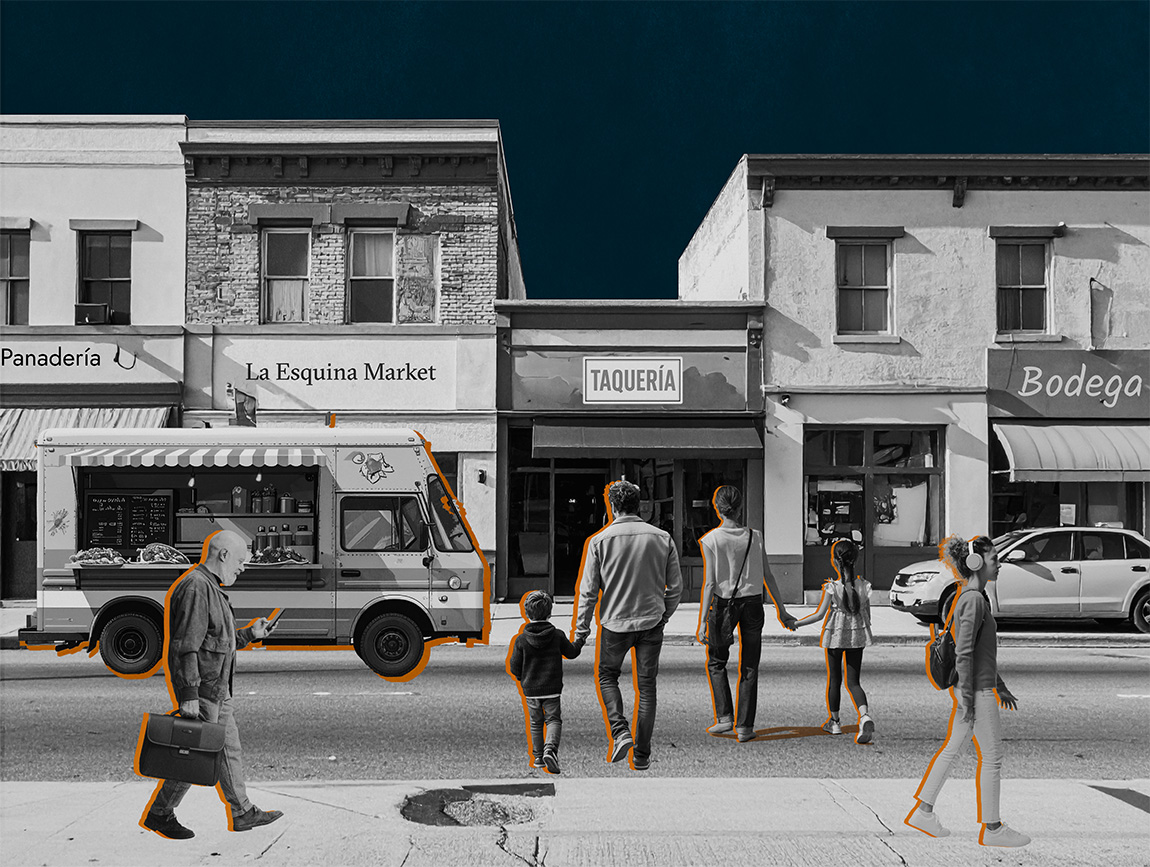
The Rise of Latino America
In The Rise of Latino America, Hernandez & Kotkin argue that Latinos, who are projected to become America’s largest ethnic group, are a dynamic force shaping the nation’s demographic, economic, and cultural future. Far from being a marginalized group defined by oppression, Latinos are integral to America’s story. They drive economic growth, cultural evolution, and workforce vitality. Challenges, however, including poverty, educational disparities, and restrictive policies, threaten their upward mobility. Policymakers who wish to harness Latino potential to ensure national prosperity and resilience should adopt policies that prioritize affordability, safety, and economic opportunity over ideological constraints.

Exodus: Affordability Crisis Sends Americans Packing From Big Cities
The first in a two-part series about the Great Dispersion of Americans across the country.
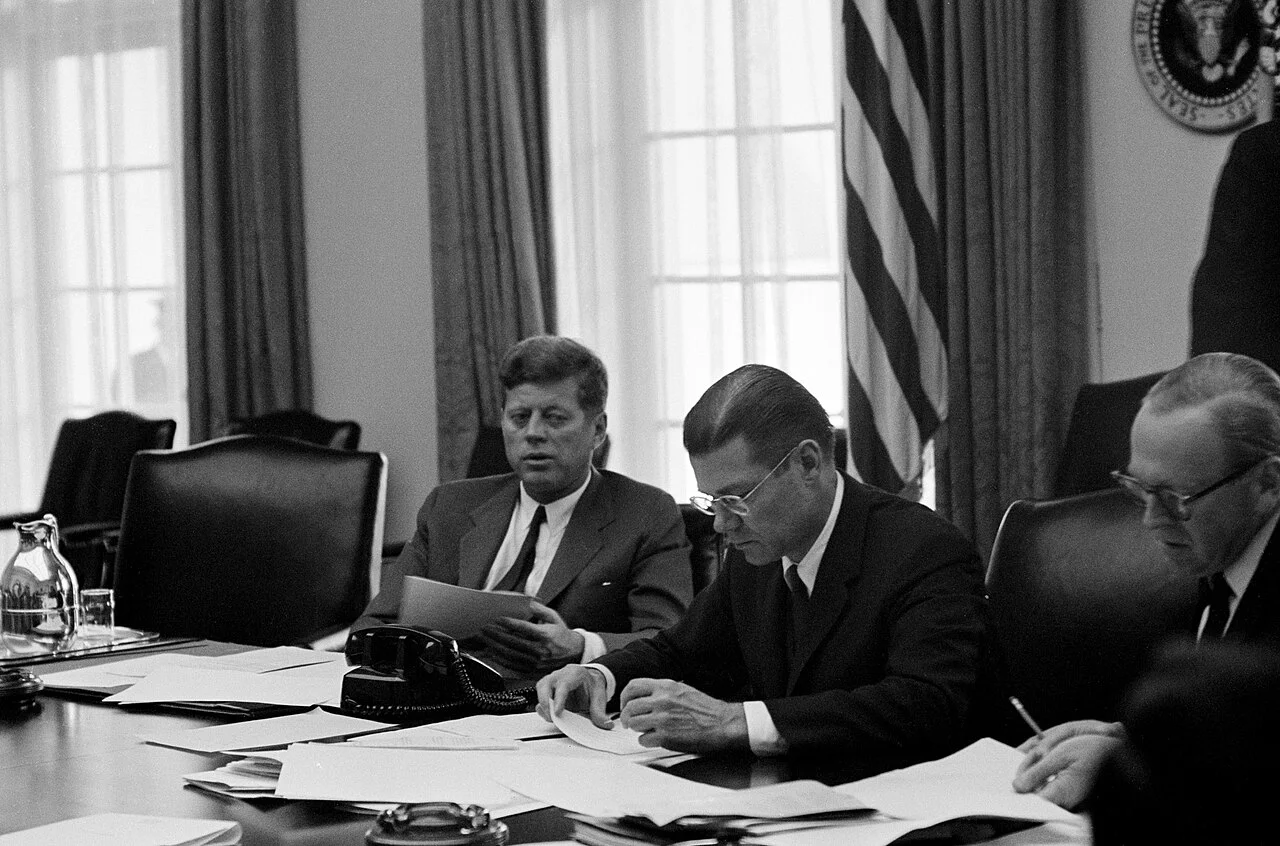
McNamara in the Rear-View Mirror
There is much more to the McNamara story than simply a Ford CEO becoming a government executive, as Philip and William Taubman lay out in McNamara at War: A New History.
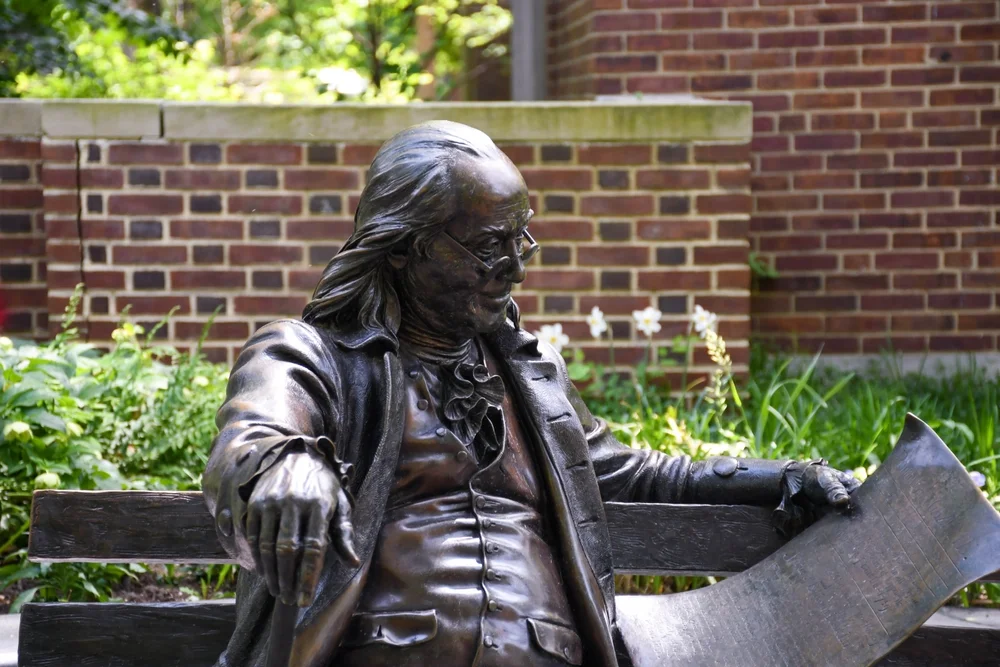
The Quintessential American: Ben Franklin, Man of All Ages
Franklin’s prudence is as welcome 320 years on as his legendary serenity.

The Moral Case for America in a Nutshell
America’s proponents now have no choice but to articulate their own simple and effective moral case for our way of life.
.webp)
The Wealth of Nations at 250: Adam Smith’s Blueprint for the American Economy
Ideas of few books have shaped the economic logic of the American experiment more profoundly than The Wealth of Nations, even when Americans have not always realized it as an agent that promotes prosperity and reduces poverty.


